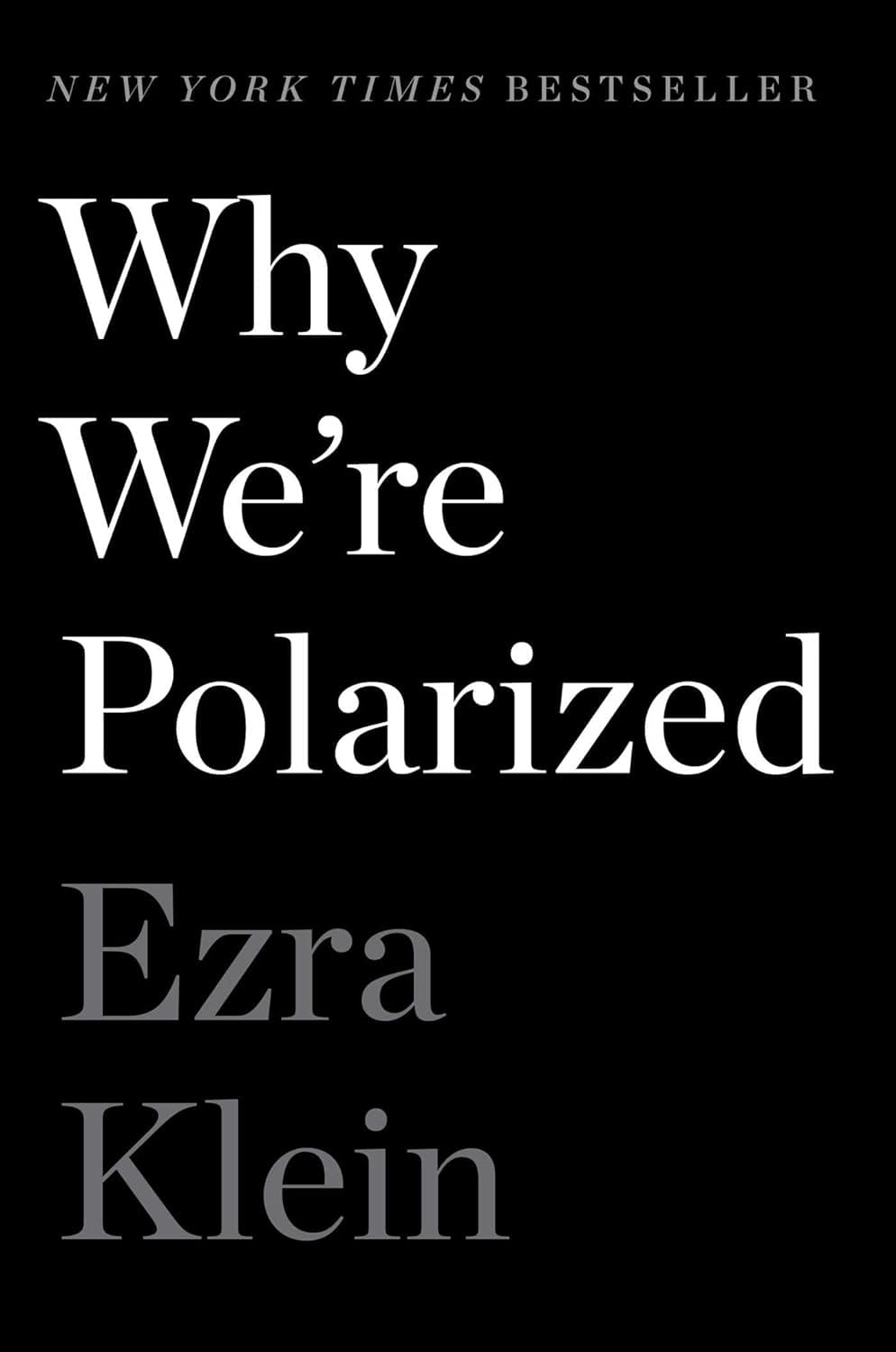
When Napoleon invaded Russia in 1812, many Jews in the Russian Empire hoped for a French victory. Napoleon had eliminated barriers to Jewish integration and advancement in France; the Russian regime and its policies, by contrast, were thoroughly infused with anti-Jewish discrimination and hostility. But one prominent Hasidic leader disagreed with those cheering Bonaparte. Schneur Zalman of Liadi, founding Rebbe of the Chabad-Lubavitch sect, fervently supported Russia’s Tsar Alexander I. Publicly, Schneur Zalman argued that the Tsar served God while Napoleon served only himself. Privately, however, the rabbi had another reason. Writing to a friend, he explained that if Napoleon were victorious, conditions would greatly improve for the Jews and this would weaken their commitment to God, whereas if the Tsar prevailed, Jews would suffer but remain religiously committed as a result. Closing his letter, he quoted Psalm 119: “‘Princes have persecuted me without cause; But my heart stands in awe of Your words.’ And for God’s sake: Burn this letter.”
I thought of Rabbi Schneur Zalman’s secret reasoning while reading Ezra Klein’s 2019 book, Why We’re Polarized. There’s a parallel between the Hasidic master’s conviction that repression of Jews strengthens Jewish commitment and some of the social science Klein discusses. Schneur Zalman’s focus was piety, not identity, yet in a way he seems to have known a truth that research later confirmed, and that all sides of today’s culture wars would be wise to remember: when you attack an identity, you make it stronger. Klein synthesizes decades of social science research about how people relate to group identities. Summarizing these findings, he writes: “The human mind is exquisitely tuned to group affiliation and group difference. It takes almost nothing for us to form a group identity, and once that happens, we naturally assume ourselves in competition with other groups.” Furthermore, “The simplest way to activate someone’s identity is to threaten it.” Threat is such a strong force that it can awaken seemingly dormant identities; for example, Klein paraphrases Professor Ashley Jardina, who studies racial identity: “White political identity is conditional. It emerges in periods of threat and challenges.”

Note the asymmetry of ease between nurturing an identity and weakening one: it takes “almost nothing” for us to form an identity, whereas when someone threatens an identity we hold, that only activates us to claim and defend it, even if it hadn’t felt relevant to us before. Klein is interested in this subject for what it tells us about the two political “mega-identities” that consume America today, how the alignment of political identities with social identities inflames our divisions, and why so many arguments that seem to be about ideology and policy are really about politics as identity. But Klein’s observations lead me to ask a question he doesn’t address: What is the most effective way to uproot an identity?
I don’t mean cultural genocide. No nation or people deserves to see its culture destroyed by force, as the Chinese government is trying to do to Uighurs and others. That is a crime against humanity. There are, however, kinds of identity so harmful that we should work to eliminate them—not (God forbid) harm the people who hold them, but influence such people to abandon the identity while influencing new people not to adopt it. The vast majority of Americans surely agree, for example, that the identity of “KKK member” should not exist. Many pacifists would love to annihilate gun culture (not, again, to harm gun-loving people, but to remove the love of guns); some anti-PC activists would dispatch an identity they deride as “Social Justice Warriors” or “woke-ism.” Anti-racists want to abolish whiteness, or, at least, white supremacism. Gender activists want to eradicate “toxic masculinity.”

So it’s normal to want to extinguish political identities. Fighting identities is the true meaning of the culture wars. What’s odd is that so little effort goes into doing the job well. It’s not that we don’t care about the question of how. Twitter discourse loves arguments between an explicit or implicit “cancel culture” strategy—shouting down the target identity or shaming it out of existence—and a high-minded civil persuasion strategy, in which we speak to people calmly and directly about why some of their commitments and identities are harmful. The problem with these arguments is that when it comes to identity, both approaches will backfire. While a small number of people may be very occasionally cowed into submission by hostility or persuaded by rational argument, most people will react to identity threat—whether hostile or civil—by defensively reinforcing the salient identity.
This doesn’t mean that confrontation and persuasion have no role to play—just that dismantling identities isn’t it. Shaming works well for policing behavior within identities, precisely because people value their good standing in their groups, but outsiders’ wrath or derision won’t move people out of identities they already affirm. Rational persuasion is perfectly feasible when discussing questions that aren’t viewed as proxies for identity, but as Klein notes, whenever the question on the table is (or feels like) who we are, motivated reasoning takes us over.
So if hostility and persuasion both fail, what succeeds? What does uproot an identity? I don’t have a full answer, but I do have a partial one. I work in the Jewish nonprofit sector, and my field’s central problem can be a template for part of America’s solution. For the past few generations, American Jewish institutions have been confronting a severe weakening of Jewish knowledge, practice, and identity. Napoleon lost Russia, but Rabbi Schneur Zalman of Liadi’s “nightmare” of freedom, integration, prosperity, secularization, and a resulting weakness of Jewish commitment has come true here. The memory of the Holocaust, threats to Israel, and occasional flare-ups of domestic anti-Semitism—small doses of identity threat—keep American Jews defiantly proud of being Jewish, but for many of them Jewish identity is secondary and ambiguous, a vague ethnic pride that makes no demands of them. They overwhelmingly embrace the Jewish label, but are often either ignorant or dismissive of much of the particular substance that the label used to denote.

That isn’t because American Jews have become radically liberated individuals, each going his own unpredictable way; it’s because American Jews are, for the most part, utterly normal Americans. Whenever mainstream American values and customs conflict with traditional Jewish values and customs, a majority of American Jews either don’t realize the conflict, support movements explicitly reforming Jewish norms to conform with mass culture, or simply ignore the countercultural parts of Jewish tradition. Jewish identity still lives in America, but it is being tamed and brought to heel by the American identity.
Many Jews, including colleagues and leaders whom I greatly respect, would furiously dispute every part of my portrayal of American Jewry. My community is constantly arguing about how to understand the radical changes that acculturation into America has caused in Jewish life, and how to feel about them. But however different segments of the Jewish community feel about these developments, most Jewish leaders would agree that a profound upheaval is underway in American Jewish identity. It’s the existence of that upheaval, not the disagreements over how to respond to it, that provides clues for how a culture might try to weaken harmful identities. Jewish identity is positive, but the example of its struggles is nonetheless relevant to negative identities that we may want to erase.
The main lesson is this: even if you can’t kill an identity directly or immediately, you can weaken it over time by overshadowing it with a more popular and enticing rival identity. What might that lesson mean for today’s culture wars? Perhaps it means that the most effective way to end whiteness and white supremacism isn’t educating white people about their whiteness—provoking identity threat and perversely strengthening white solidarity—but rather doing everything possible to nurture rich, positive, racially integrated identities centered around something entirely separate from race. Perhaps it means that the best way to end toxic masculinity isn’t prioritizing what kinds of manliness to denounce, but rather what kinds of manliness to cultivate. Perhaps it means that those who object to “identity politics” approaches to race, gender, and more should stop labeling their opponents as “the woke,” “SJWs,” or other labels that refer to groups of people instead of ideas or actions. By labeling the people taking these approaches, critics may ironically invoke and strengthen group identities centered on the approaches they deplore.
Countless other applications are possible. Whenever identity is the problem, we need not give the problem identity oxygen by refuting it; instead, we can build something new and positive to make it, eventually, irrelevant. That’s not easy. It takes vision, focus, creativity, and discipline. And it’s not fast, either; this is a long game, a generational play. Many people will find this approach unsatisfying and unfair. What’s more, some people—and perhaps all of us some of the time—don’t really want to erase bad identities. It’s all too easy and fun to gain status within our opposing in-groups for attacking them.
But we should resist that temptation. We can make things better instead. We can change culture in ways that will materially improve the world by inviting people different from us into positive shared identities. We can move from cycles of trying to defeat one another into cycles of trying to win together. People want vision, they want inspiration, they want to move forward. And people are remarkably poised to embrace new identities, for exactly the same reason that harmful identities are so hard to destroy: we are fiercely social beings, and what we want, above all, is to belong.






